Panel members
Mr Wong Chun Lam (Panel Head)
Mr. Chan Hing Cheung
Ms. Wong Wai Yiu
Objectives and Curriculum Features in Methodist College
A. Curriculum Objectives
It is hoped that the history course will help students
To cultivate an interest in the study of history
To develop a sense of belonging to their community
To see the relevancy of the past to the present
To acquire knowledge of selected topics to foster an understanding of historical concepts, generalization and trends
To foster critical thinking, develop analytical abilities, argue with relevant evidence and make sound judgement
To improve students’ skills in writing essays, interpreting sources and answering data-based questions
B. CURRICULUM FRAMEWORK IN JUNIOR FORM
Form 1 – From Prehistoric Times to Ancient Times
Introduction to the study of history
The Prehistoric Times: the Stone Age
The Ancient Times: life in the main centres of early civilizations
The Ancient Times: Ancient Egyptian civilization
The Ancient Times: Ancient Greco-Roman civilization
The Ancient Times: Islamic civilization
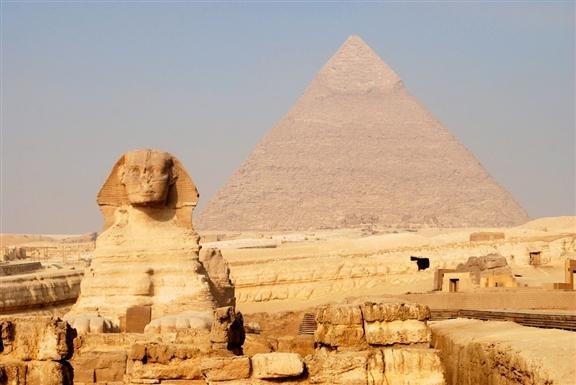
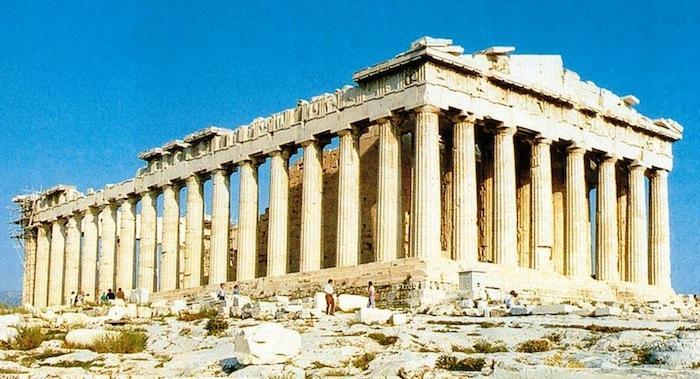
Form 2 – From Medieval Times to Modern Times
The Medieval Europe
The Renaissance
The Enlightenment and Revolutions
The Industrial Revolution
Founding of the United States
Hong Kong in the 19th & the 20th centuries
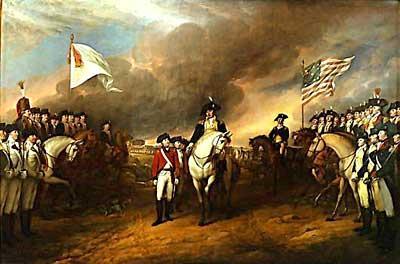
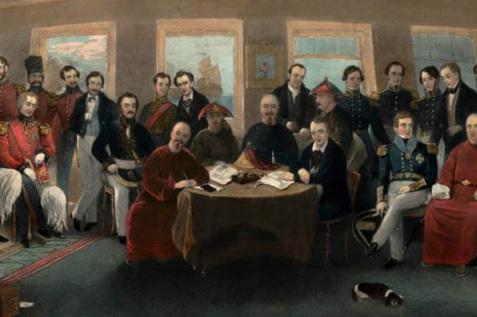
Form 3 – International conflicts in the 20th century
The First World War
The Second World War
The Cold War
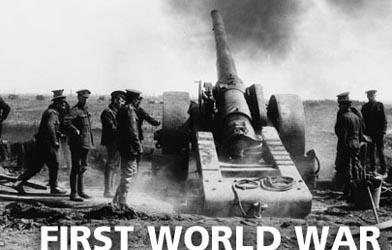
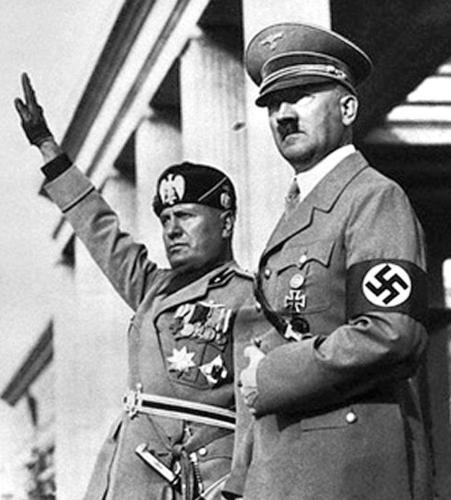
CURRICULUM FRAMEWORK IN SENIOR FORM
ASSESSMENT OBJECTIVES FOR DSE HISTORY
The objectives of the public examination are to evaluate candidates:
knowledge and understanding of the 20th century’s major events and trends, and their interrelationship;
ability to recall, evaluate and select knowledge relevant to the context and to deploy it in a clear and coherent form;
ability to recognise and make use of the concepts of cause and consequence, continuity and change, similarity and difference in time and space;
ability to look at events and issues from the perspective of people in the past;
ability to interpret and evaluate historical evidence: to extract information from historical sources; to distinguish between fact, opinion and judgment; to detect bias; to draw conclusions based on a comparison of various types of historical sources.
Form 4 – International Conflicts in the 20th century
Major conflicts and the quest for peace
The First World War
The Inter-war years
The Second World War
The Cold War
The quest for cooperation and prosperity
The Formation of the League of Nations and the United Nations
International and economic cooperation after the Second World War
International social and cultural cooperation
Form 5 – Modernization and Transformation in 20th century Asia
Modernization and Transformation of Hong Kong
Political and Institutional Changes in Hong Kong from Early 20th century up to 2000
Development of Hong Kong as an International City
Modernization and Transformation of China
Early Attempts at Modernization – Reforms and Revolutions
Socialist Modernization in the Maoist Period and the Evolution of ‘Socialism with Chinese Characteristics’ in the Post-Mao Period
Form 6 – Modernization and Transformation in the 20th century Asia
Modernization and Transformation of Japan
Modernization of Japan in the early 20th century
Reconstruction and growth after the Second World War
Southeast Asia: From Colonies to Independent Countries
Userful website
HKEAA